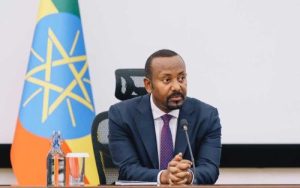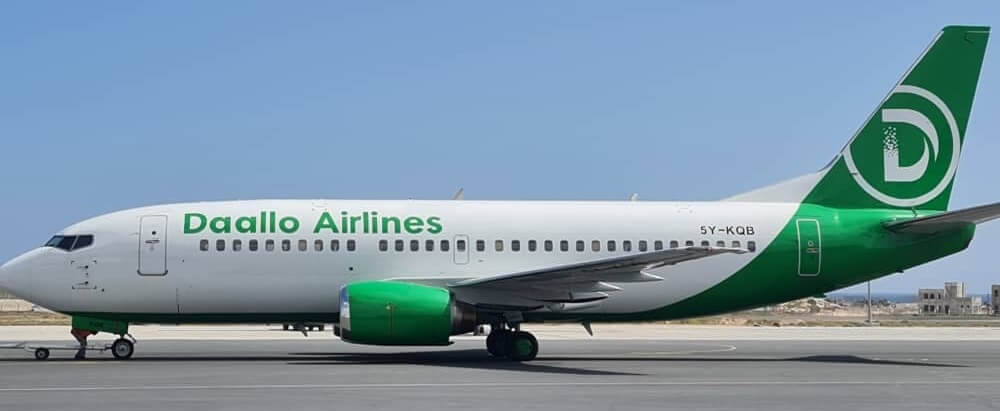
Ethiopia’s quest for sea access, driven by logistical needs and economic ambition, faces strong headwinds from regional rivalries and tensions in the Horn of Africa. Prime Minister Abiy Ahmed is leveraging diplomatic efforts to overcome the landlocked status hindering his country’s economic goals.
Ethiopian Prime Minister Abiy Ahmed said on Tuesday that he has asked the United States and the European Union to help mediate a peaceful resolution with neighboring Eritrea over his country’s access to the sea. For landlocked Ethiopia, home to 135 million people, securing long-term access to maritime trade routes is a crucial economic and logistical priority.
Ethiopia’s Reliance on Djibouti Weighs on Economy
Since separating from Eritrea in 1991, Ethiopia has lacked direct access to the sea. The port of Djibouti has become its main trade gateway, handling at least 90% of its imports and exports. This dependence is costly: the country faces high port and freight charges, exposure to political tensions and weather disruptions, and growing congestion on the road network that carries most of its trade.
Abiy said his government is seeking mediation “to find a lasting solution,” emphasizing the need to stabilize relations with Asmara and potentially reopen an Eritrean maritime corridor with international oversight. Ethiopia and Eritrea signed a historic peace accord in 2018, ending two decades of hostility, but cooperation soon faltered. Tensions resurfaced during the Tigray War, which the two countries initially fought on the same side against the Tigray People’s Liberation Front (TPLF).
Addis Ababa accuses Asmara of backing anti-government militias, while the suspension of direct flights between the two capitals in September 2024 underscored the worsening of bilateral ties.
Expanding Diplomatic Outreach
In response, Ethiopia has launched a wide-ranging diplomatic effort. In 2024, it signed a controversial memorandum of understanding with Somaliland for the use of a Red Sea port, sparking a regional crisis that was later defused by Turkish mediation.
Addis Ababa is also exploring routes through South Sudan and Uganda via the DESSU Project, a regional corridor meant to boost multimodal trade among landlocked countries. The project’s technical committee met last week to speed up implementation amid growing regional transport needs.
Access to the sea has thus become a key source of competition in the Horn of Africa. Beyond trade, it reflects a broader contest for influence among regional powers, Ethiopia, Eritrea, Somalia, and Kenya, and external actors such as Turkey, the UAE, and the United States, all seeking to strengthen their foothold in this strategic trade corridor.
For Ethiopia, East Africa’s second-largest economy after Kenya, securing a stable maritime corridor is vital to sustaining growth and advancing its industrial ambitions. The challenge lies in pursuing this goal while maintaining stability in the region’s fragile political balance.
Henoc Dossa
Ecofinagency






